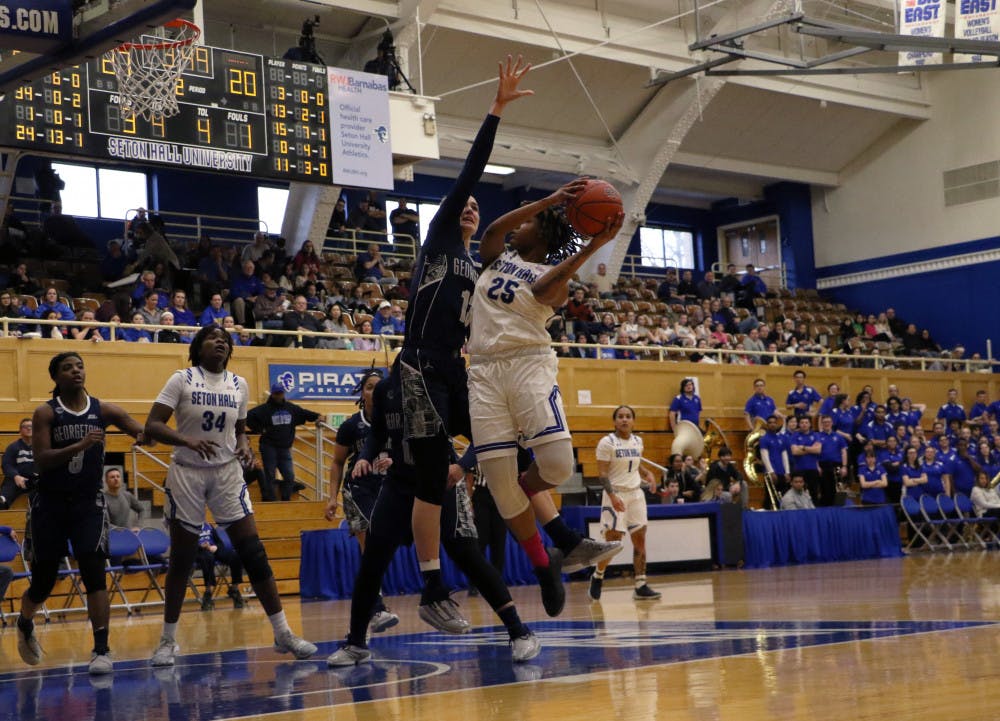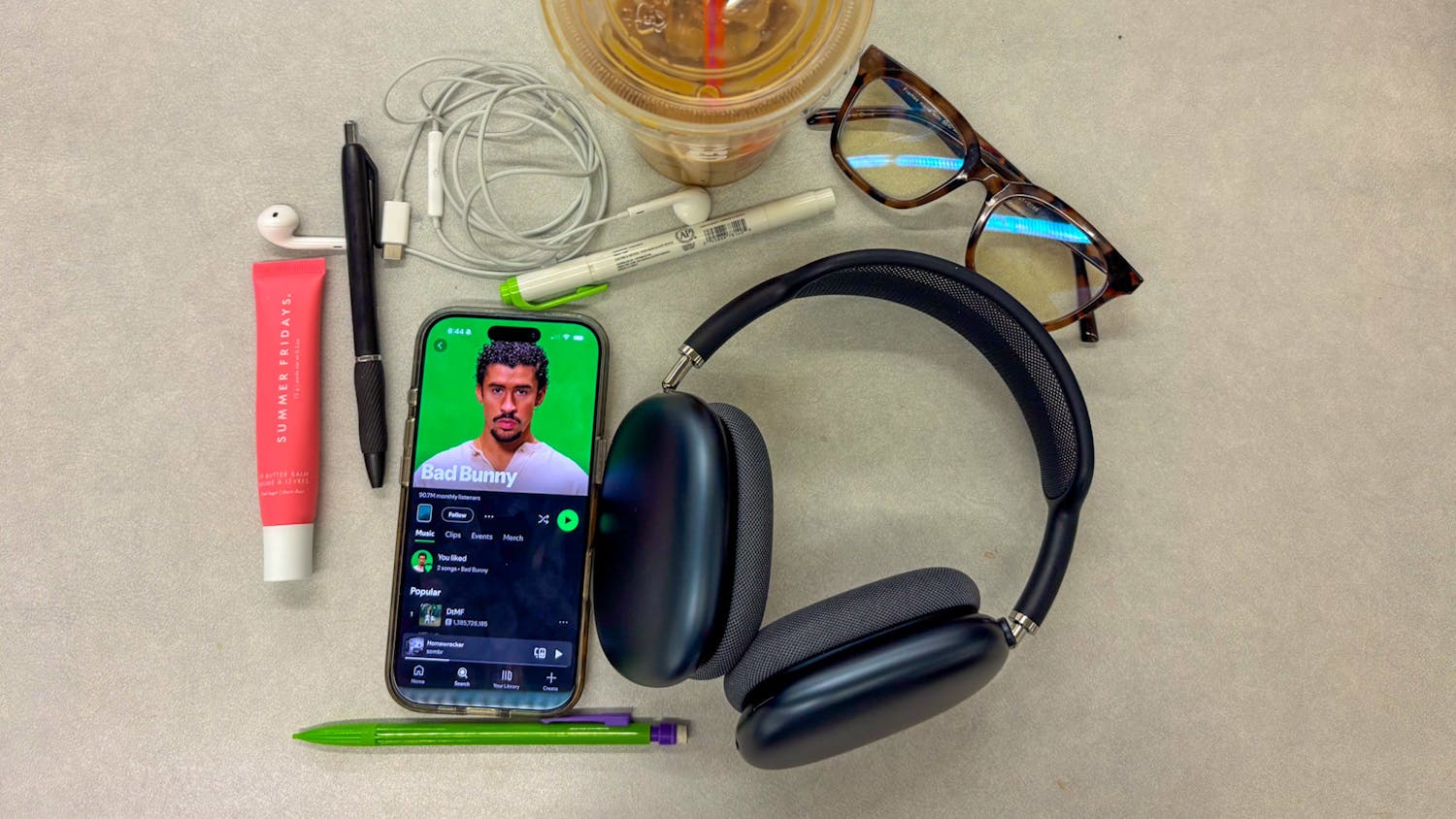 Out of the many academic experiences which students will encounter in their college careers, group projects, group discussions or group work are common. It spans all majors and is usually unavoidable.
Even with the benefits of learning from different contributions, gaining better social development or making a new friend, many students tend to disconnect themselves at the thought of group work because of negative past experiences or the fear of unmet expectations of other group members.
Shanon Maglente, a senior english major and intern at HGTV Magazine under Hearst Corporation, said that her entire job description can be considered group work. As an intern in the editorial department, Maglente said she will sometimes be assigned to help out other departments and assist the marketing intern. “I’m generally a pretty shy person and knowing that I work for such a big company can be intimidating,” she said. “Interacting with groups in the workplace has helped me with my communication skills immensely. Everyday you’re put in uncomfortable situations talking to different people.”
Robert Franco, an adjunct professor of the graduate course “Effective Presentations” and a career counselor at the Career Center, said he agrees that group work will have long-term benefits for students.“Working in group projects or presentations in the college setting is helping you to build skills so that when you’re out there in the workforce, you’ll be effective,” he said. “They help to show who you are and what you represent. You’ll get known in the workplace in a positive way.”
However, even with the benefits of learning through group projects and building communication skills, students might tend to disconnect themselves at the thought of group work because of negative past experiences or the fear of unmet expectations of other group members. With the help of Dr. Evelyn Plummer and Scott B. Hèbert, group discussion professors of the College of Communication and the Arts, here are a few tips on how to make the most of group work.
Out of the many academic experiences which students will encounter in their college careers, group projects, group discussions or group work are common. It spans all majors and is usually unavoidable.
Even with the benefits of learning from different contributions, gaining better social development or making a new friend, many students tend to disconnect themselves at the thought of group work because of negative past experiences or the fear of unmet expectations of other group members.
Shanon Maglente, a senior english major and intern at HGTV Magazine under Hearst Corporation, said that her entire job description can be considered group work. As an intern in the editorial department, Maglente said she will sometimes be assigned to help out other departments and assist the marketing intern. “I’m generally a pretty shy person and knowing that I work for such a big company can be intimidating,” she said. “Interacting with groups in the workplace has helped me with my communication skills immensely. Everyday you’re put in uncomfortable situations talking to different people.”
Robert Franco, an adjunct professor of the graduate course “Effective Presentations” and a career counselor at the Career Center, said he agrees that group work will have long-term benefits for students.“Working in group projects or presentations in the college setting is helping you to build skills so that when you’re out there in the workforce, you’ll be effective,” he said. “They help to show who you are and what you represent. You’ll get known in the workplace in a positive way.”
However, even with the benefits of learning through group projects and building communication skills, students might tend to disconnect themselves at the thought of group work because of negative past experiences or the fear of unmet expectations of other group members. With the help of Dr. Evelyn Plummer and Scott B. Hèbert, group discussion professors of the College of Communication and the Arts, here are a few tips on how to make the most of group work.
- Get to know the members of your group before you start working. Establishing rapport allows for members to relate to one another and helps to develop of sense of individual commitment as well as mutual responsibility, Plummer said. This does not mean that you have to know deep personal information about one another, but it might generate into a more positive, meaningful group experience to work with others who you know a little bit about, Hébert said.
- Communication from the start is key. Exchanging, contributing and listening in a group work setting is essential. This also involves resolving disagreements and compromising while being respectful towards one another. “If operational issues do arise, it’s better to address them explicitly and earlier rather than later,” Plummer said.
- Take on a role. There is the common fear of there being a “slacker” within the group, so to avoid unequal participation, every member should take on a role from the jump. “Some roles are attuned to the task assigned, such as being a contributor or a coordinator or an evaluator. Other roles are more attuned to maintaining positive member relationships, such as an encourager or harmonizer,” Hèbert said. As long as each member feels valued and knows that their participation in any capacity is needed for the group success, a positive outcome can be ensured for all involved, Hébert added. Plummer agreed and said that all group members should remain observant and ready to step up and perform whatever role is needed at a given time. Plummer added that the most effective groups operate as ‘well-oiled machines’ with each person contributing to give the group what it needs to succeed.





